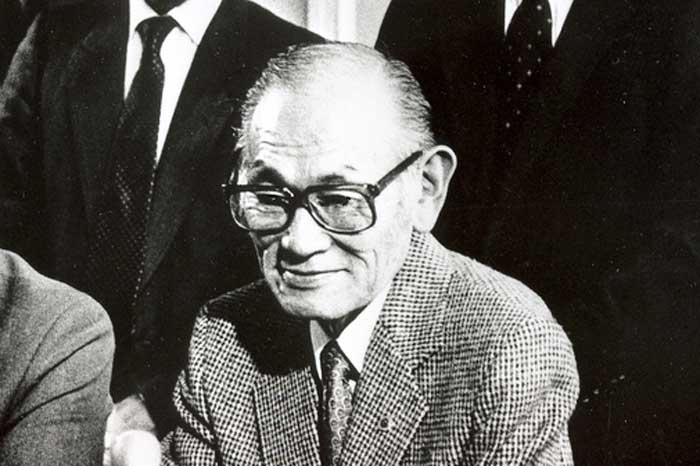
Washington, D.C. – As Iranian Americans continue to grapple with the discriminatory Muslim Ban and concerns about further assaults on the rights of all immigrant communities in the United States, the life and work of Fred Korematsu in his fight against Japanese internment is as pertinent today as ever.
NIAC Action was among fifty organizations that signed a letter in support of a resolution to designate January 30th as “Fred Korematsu Day of Civil Liberties and the Constitution” (S.RES. 387), introduced Senators Mazie Hirono (D-HI) and Tammy Duckworth (D-IL). The resolution has been referred to the Senate Judiciary for further consideration.
Korematsu’s patriotism and pursuit of justice was marked by his refusal to comply with Civilian Exclusion Order 34, which directed individuals of Japanese descent to be relocated in designated areas due to the supposed ‘threat their ancestry posed to national security.’ The Civilian Exclusion Order led to the internment and detainment of more than 120,000 Japanese Americans, who were removed from their homes without due process and placed in internment camps in isolated areas of the United States.
Korematsu was arrested and convicted of violating the executive order in 1942, a decision which he ultimately appealed to the Supreme Court. Although the Supreme Court ruled against Korematsu in 1944, information brought to light after the passage of the “Freedom of Information Act” indicated that the federal government intentionally withheld evidence from the court which demonstrated that Japanese Americans did not pose a security threat to the United States during WWII.
In 1983, Fred Korematsu filed a writ of error in the U.S. District Court which resulted in the overruling of his conviction. In her 1984 ruling to overturn Korematsu’s conviction, United States District Judge Marilyn Patel wrote:
“a[s] historical precedent it [Korematsu v. United States] stands as a constant caution that in times of war or declared military necessity our institutions must be vigilant in protecting constitutional guarantees.”
Furthermore, the Commission on Wartime Relocation and Internment of Civilians, which was dispatched by Congress in 1980 to review the circumstances surrounding Japanese American internment under Executive Order 9066, found that:
“The exclusion, removal, and detention of United States citizens and resident aliens of Japanese ancestry was largely motivated by ‘racial prejudice, wartime hysteria, and a failure of political leadership.’”
Karen Korematsu, daughter of the late Fred Korematsu and executive director of the Fred T. Korematsu Institute, strongly favors the resolution supporting the civil liberties her father was so dedicated to protecting. Ms. Korematsu is also a vocal and fierce opponent of the Muslim Ban, and spoke to these sentiments at a NIAC Action event February last regarding the ban. In a December 2017 Washington Post Op-Ed she wrote:
“…this executive order [Trump’s Muslim Ban] echoes the World War II incarceration camps separating those of a different ethnicity under the guise of national security. Both executive orders under Trump and Roosevelt target and discriminate against minorities, tear families apart, and preach intolerance.”
In supporting this resolution, NIAC Action remains steadfast in its support for advocates and leaders working to ensure that the rights guaranteed to all Americans continue to be applied to all Americans. This resolution to recognize the bravery and patriotism of Fred Korematsu invokes language which also passes along the essential responsibility of the American people and institutions to prevent this gross injustice from reoccurring. In a time where the civil liberties of individuals are under attack on the basis of religion and ethnicity, Congressional recognition of these essential rights are more important than ever.
Back to top